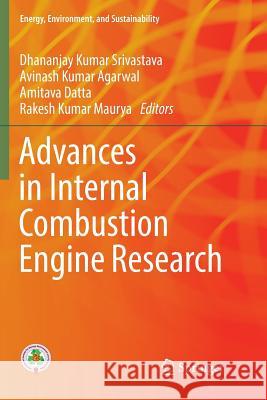Advances in Internal Combustion Engine Research » książka
topmenu
Advances in Internal Combustion Engine Research
ISBN-13: 9789811356537 / Angielski / Miękka / 2019 / 345 str.
Kategorie:
Kategorie BISAC:
Wydawca:
Springer
Seria wydawnicza:
Język:
Angielski
ISBN-13:
9789811356537
Rok wydania:
2019
Wydanie:
Softcover Repri
Ilość stron:
345
Waga:
0.50 kg
Wymiary:
23.39 x 15.6 x 1.91
Oprawa:
Miękka
Wolumenów:
01
Dodatkowe informacje:
Wydanie ilustrowane











